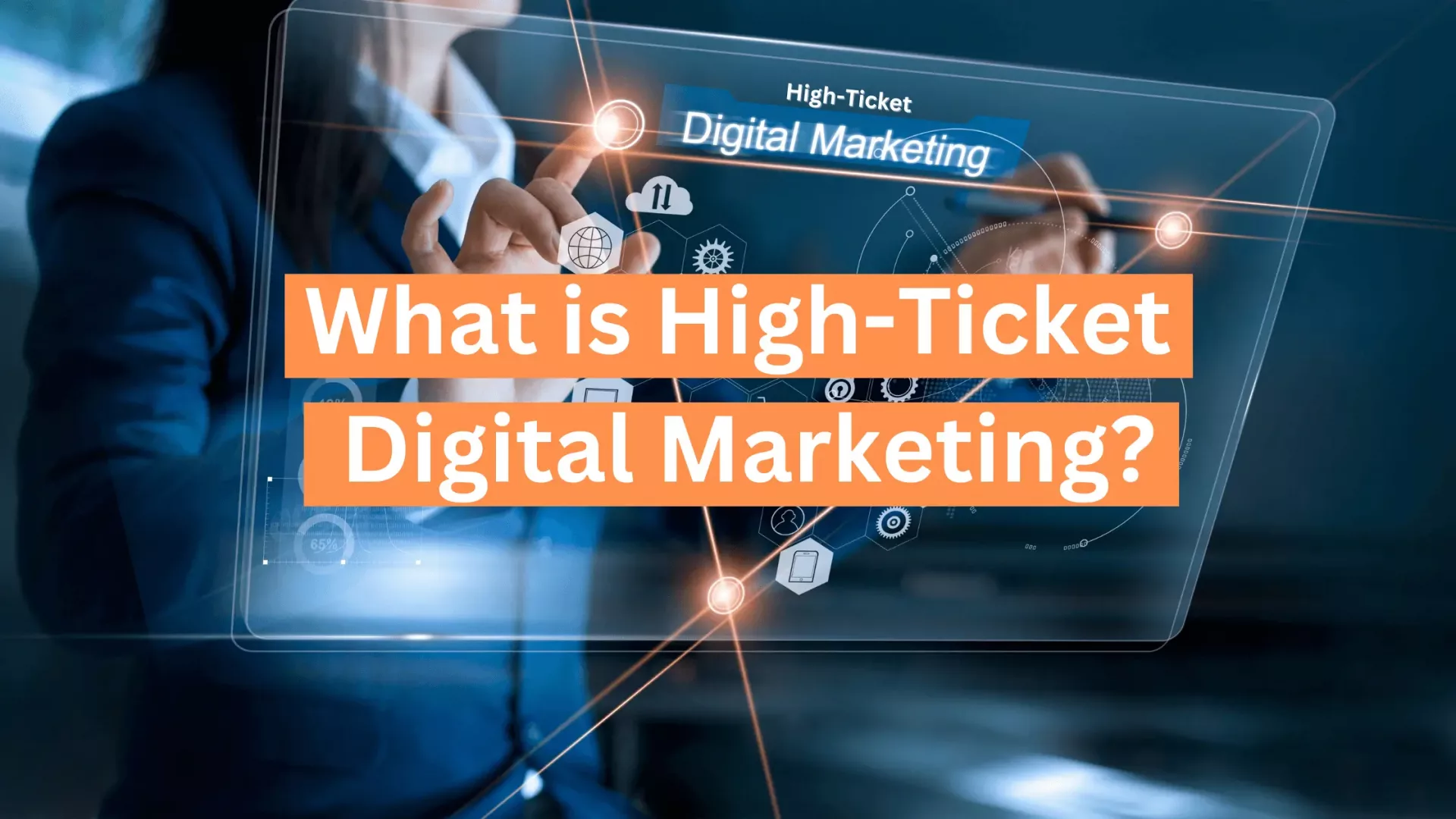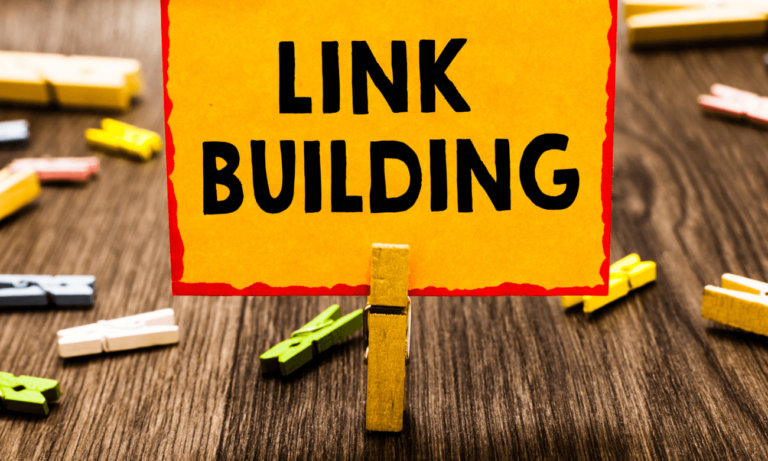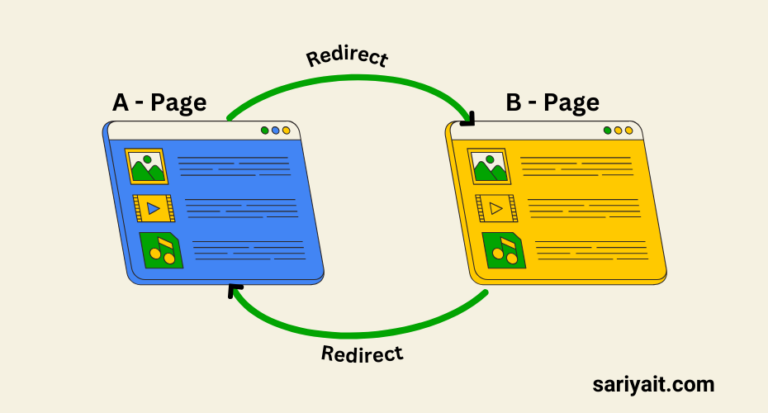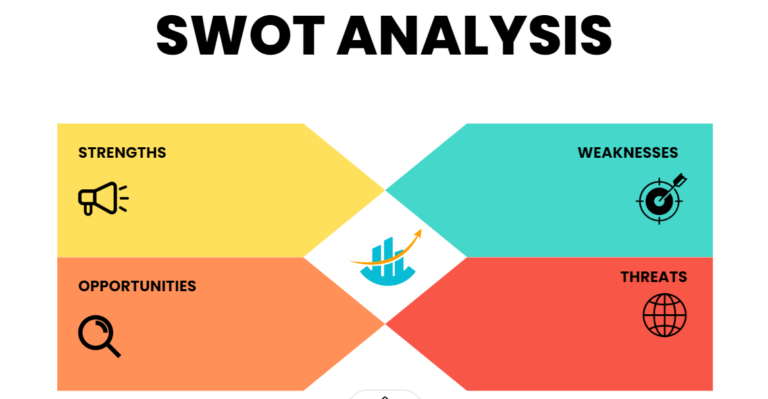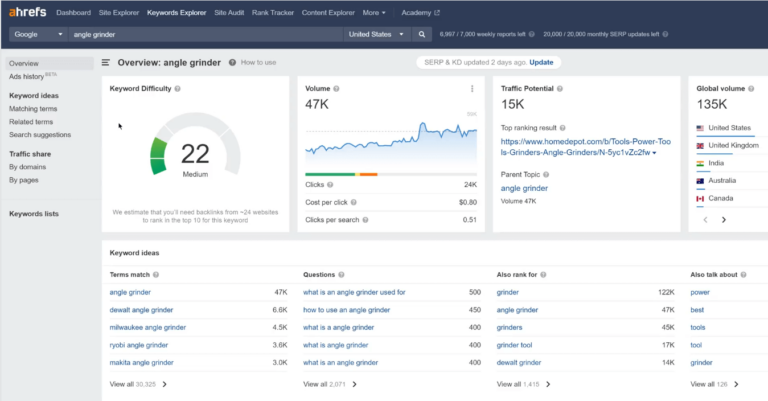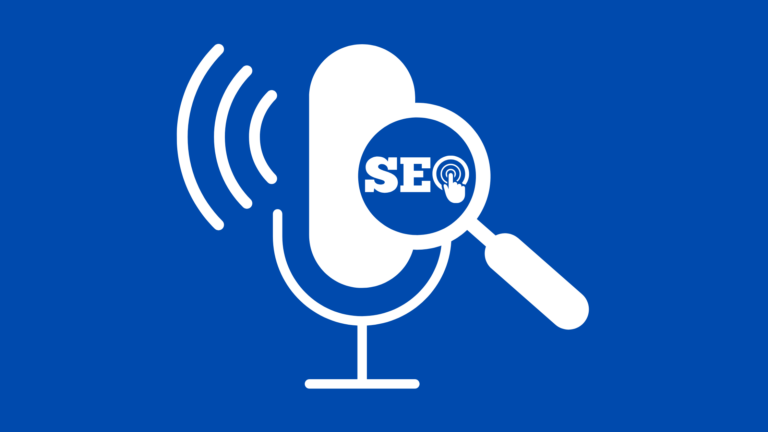Running a successful business isn’t just about sales volume; it’s about selling the right products to the right audience. High-ticket digital marketing focuses on promoting luxury goods and services—like real estate, high-end electronics, or exclusive online courses—that carry premium price tags. This article will explain what high-ticket digital marketing is in simple terms. You will also learn how it works and how you can make it work for your business.
Table of Contents
What is High-Ticket Digital Marketing?
High-ticket digital marketing is the art of promoting and selling expensive products or services online. These typically include luxury goods, specialized services, enterprise software, and anything with a significantly higher price tag compared to similar offerings. Some common high-traffic items are luxury Cars, Luxury hotels, Properties, designer jewelry, etc.
With high-ticket items, trust-building is crucial. Since buyers often hesitate over significant purchases, effective high-ticket digital marketing requires a focus on credibility, thorough information, and a personalized experience.
You can use a digital marketing service to effectively reach and attract high-value customers.
Key High-Ticket Marketing Strategies
Targeted Paid Advertising:
Paid ads allow you to reach a specific audience segment with tailored messaging. Channels like Google Ads, Facebook Ads, and LinkedIn are effective, but it’s crucial to optimize for demographics, interests, and browsing behavior to ensure high engagement.
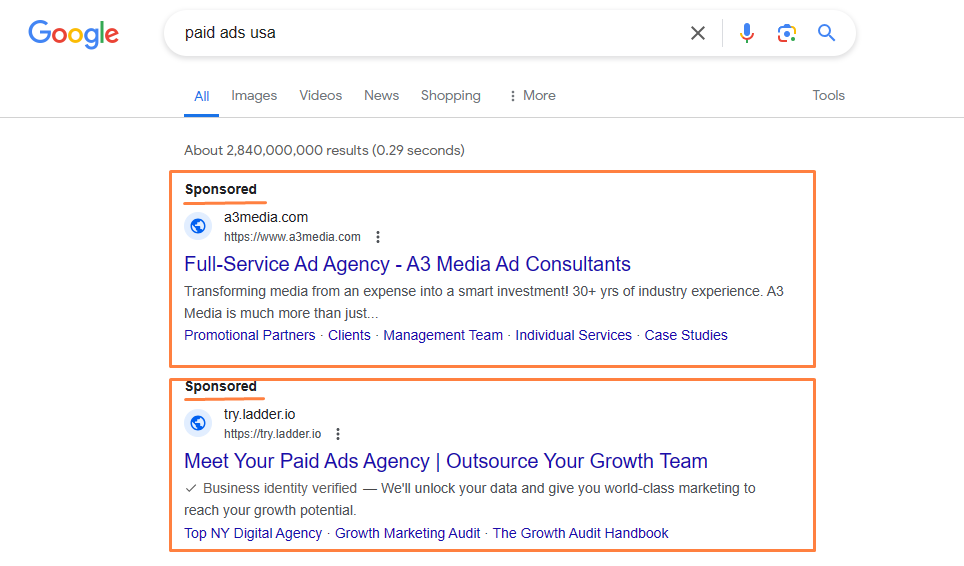
- Retargeting Campaigns: Ads can be used to gently remind users who previously viewed your product, encouraging them to revisit and consider buying.
Email Marketing for High-Value Leads:
Email campaigns are powerful for building relationships. Sending personalized offers to segmented lists—based on behaviors or past interactions—can significantly increase conversion rates.
Exclusive offers and product showcases tailored to specific buyer personas help keep luxury products top of mind.
Account-Based Marketing (ABM)
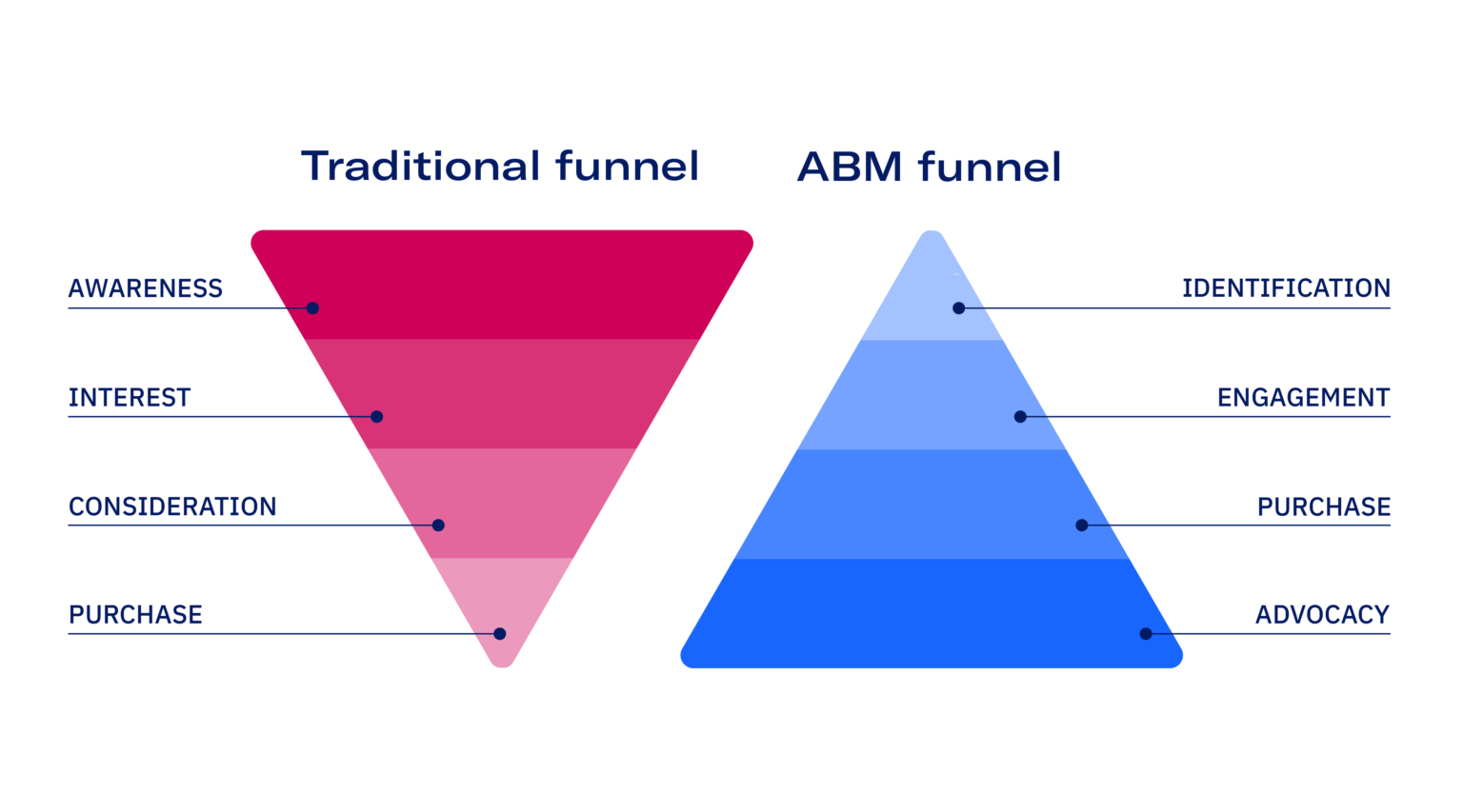
ABM is a highly focused strategy, where campaigns are customized at the individual account level. For high-ticket marketing, this approach allows you to engage deeply with potential clients, demonstrating that you understand their unique needs and expectations.
In-person & Virtual Events
Hosting events like webinars, virtual product demos, or trade shows builds rapport directly with potential customers. In high-ticket marketing, such interactions help answer complex questions and solidify trust.
Website Optimization for High-Value Conversions

A high-end product requires a high-end digital experience. This means a website that is fast, visually appealing, and easy to navigate. Trust signals such as customer testimonials, certifications, and high-quality product images are essential to reassure potential buyers of the value offered.
Building Trust and Credibility
Trust is the foundation of high-ticket digital marketing. Buyers are looking for reassurance that their investment will deliver as promised. Key methods for establishing credibility include:
Real-life success stories can help build credibility, showing potential customers the tangible benefits others have gained from your products or services.
Transparency and Ethical Marketing

Always be clear about your offerings, avoid over-promising, and ensure advertising and messaging are accurate. Misleading visuals or descriptions can damage reputation, especially in high-ticket sales where trust is paramount.
Building Trust and Credibility
Trust is the foundation of high-ticket digital marketing. Buyers are looking for reassurance that their investment will deliver as promised. Key methods for establishing credibility include:
- Customer Testimonials and Case Studies: Real-life success stories can help build credibility, showing potential customers the tangible benefits others have gained from your products or services.
- Transparency and Ethical Marketing: Always be clear about your offerings, avoid over-promising, and ensure advertising and messaging are accurate. Misleading visuals or descriptions can damage reputation, especially in high-ticket sales where trust is paramount.
High-Ticket Content Marketing
Creating valuable content tailored to potential buyers is a cornerstone of high-ticket digital marketing. Content that educates, informs, and builds curiosity is essential:
- Educational Content
Articles, videos, or infographics that explain the features, benefits, and value of your luxury offerings can help potential customers make informed decisions. - SEO and Keyword Optimization
Optimize content to rank for relevant search terms that high-ticket buyers use. This includes not only product-related keywords but also terms associated with buyer concerns, benefits, and comparisons.

- Building a Community
Establishing an online community (like a forum or a private social group) allows potential buyers to connect with your brand in a meaningful way, share experiences, and engage with others interested in similar high-value products.
Future Trends in High-Ticket Digital Marketing
- AI and Personalization
AI-driven insights can help deliver hyper-personalized experiences, which are expected to become the standard in high-ticket marketing. Personalized recommendations based on browsing and purchasing history create a sense of exclusivity and attention. - Augmented Reality (AR) and Virtual Reality (VR)
With AR and VR, potential buyers can visualize high-value items, such as luxury homes or cars, before committing. This experience enhances the buyer journey by providing a tangible, immersive preview of the product.
Common Challenges and Solutions in High-Ticket Marketing
High-ticket sales come with unique obstacles, but understanding how to address common concerns can help increase conversions:
- Price Sensitivity
Address the question of “Is it worth it?” by highlighting the product’s long-term benefits, quality, and unique features. For B2B clients, focus on ROI, efficiency, and scalability. - Concerns Over Satisfaction
For products with high price tags, customers may worry about satisfaction. Offering guarantees, trials, or extended customer support can alleviate these concerns and instill confidence. - Brand Trustworthiness
Building a reputation as a trusted brand is essential in this market. Share testimonials, maintain a professional image, and avoid any practices that could be perceived as misleading.
What’s Next for High-Ticket Digital Marketing?
High-ticket digital marketing is evolving fast! Here are some top trends that will likely shape its future:
1. Personalization Goes to the Next Level
With advanced data tools, brands can now send ultra-targeted messages and recommendations. Imagine customers feeling like they’re getting advice from close friends! This deeper personalization builds trust and connection, which is key for high-ticket sales.
2. AI Takes Over for Better Insights
AI-powered tools are transforming customer interactions. By using real-time data, brands will better understand what their customers want, need, and prefer. In the future, brands that don’t provide these advanced insights may lose out, as customers expect more tailored experiences—especially for luxury items.
3. Immersive AR/VR Shopping Experiences
Augmented reality (AR) and virtual reality (VR) are becoming essential for high-ticket products. Soon, buying a luxury car or designer outfit might require a virtual “test drive” or “try-on” experience. For high-ticket brands, investing in AR/VR technology now could give them a competitive edge as this trend continues to grow.

Common Issues with High-Priced Selling
Selling expensive products and services can be rewarding, but it comes with unique challenges. Here’s how to address some common concerns high-ticket buyers often have:
“It’s too expensive.”
High prices can cause hesitation. To ease these concerns, highlight the long-term value, exclusive features, or return on investment that makes the cost worthwhile. For example, a luxury car might offer superior safety, performance, and a better resale value. You could also offer flexible financing options to make it easier for customers to manage the cost over time.
“What if I’m not satisfied?”
Buyers may worry about satisfaction when making a big purchase. To reassure them, offer extended warranties, guarantees, or flexible return policies. Emphasize your commitment to customer service and provide a contact point for any questions or support.
“Can I trust your brand?”
Building trust is essential for high-priced sales. Use customer reviews, case studies, and testimonials from satisfied clients to showcase positive experiences with your brand. Avoid making exaggerated claims and focus on genuine, transparent messaging to reinforce credibility.
Addressing these common concerns can help high-ticket customers feel more comfortable with their purchase, increasing trust and satisfaction in your brand.
Ethical Considerations for Luxury Product Marketing
Brand value and ethical practice are related. Without practicing ethical considerations, you can’t set up a positive brand image. So, always be upfront about your products’ condition, features, and limitations. Don’t use any deceptive visuals or descriptions that misrepresent the actual offering.
Ensure your advertising is truthful and ethical, and treat all potential customers with respect and courtesy, regardless of their budget or purchasing decisions. You also need to be careful of the language you use in your marketing materials. Using discriminatory or offensive language can create a big negative impact on your brand.
Final Words
High-ticket digital marketing is about more than just promoting luxury items; it’s about creating a journey that communicates value, builds relationships, and establishes trust. By using the right combination of personalization, content marketing, and targeted advertising, you can convert leads into loyal, high-value customers.
